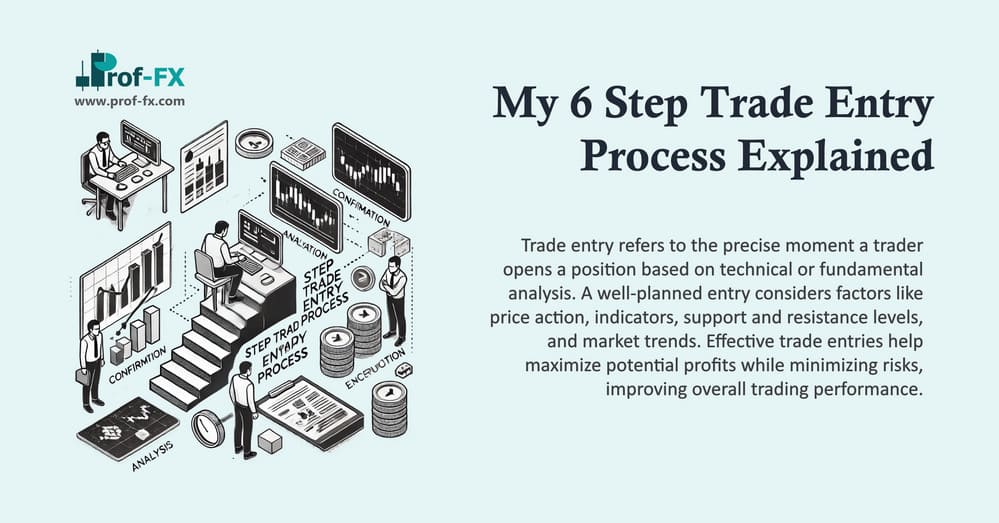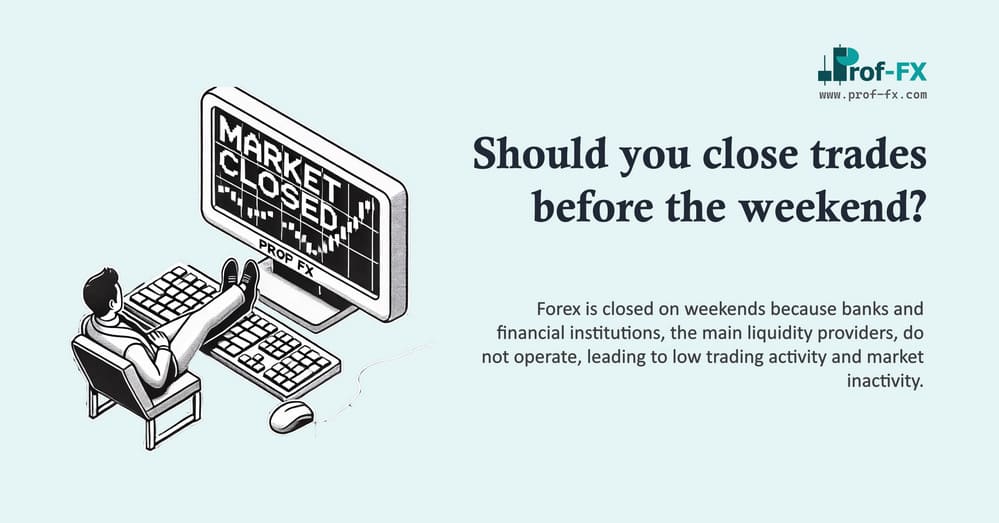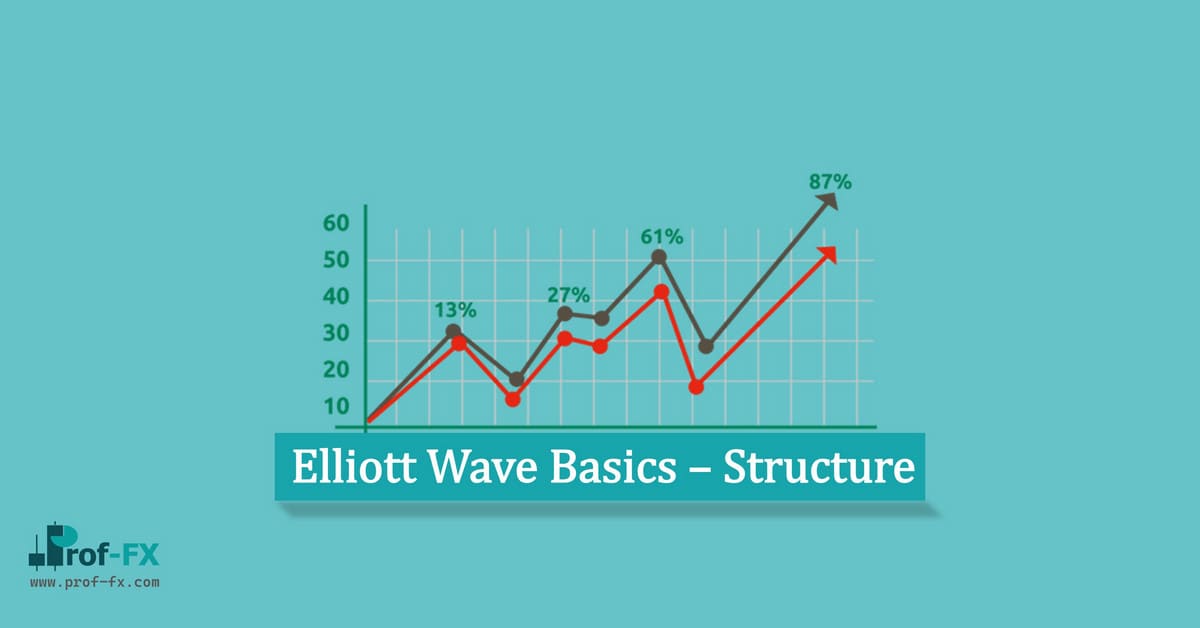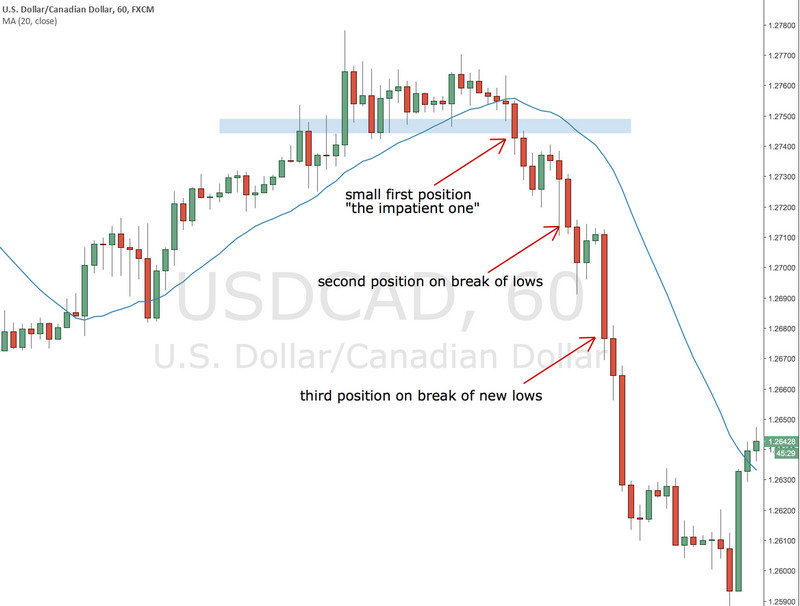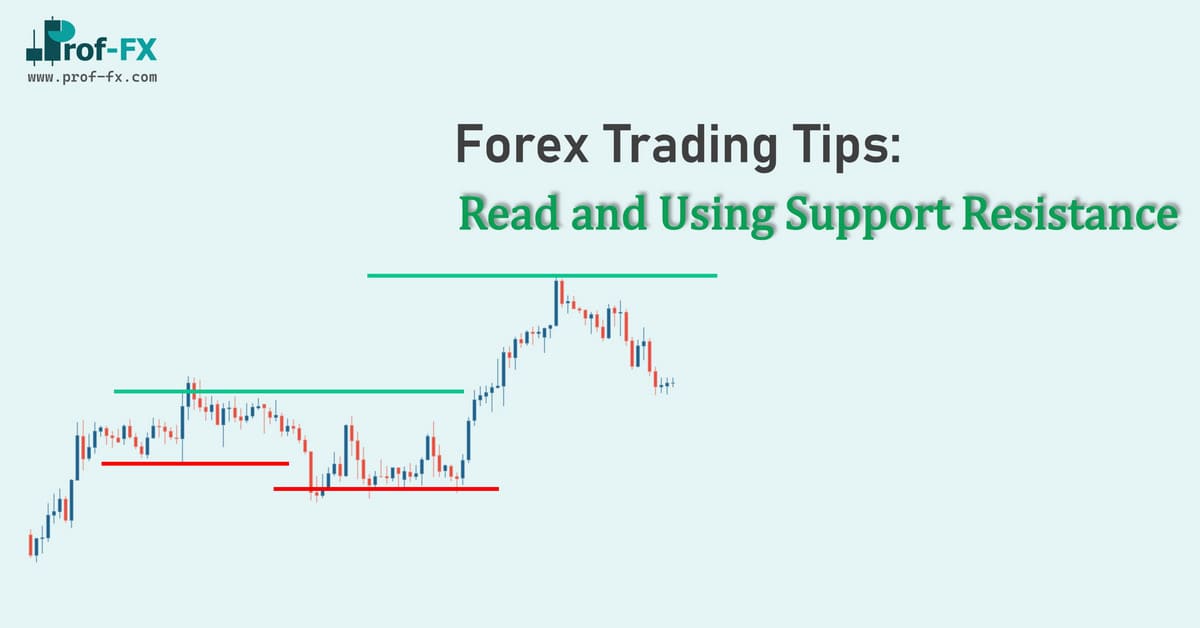Consumer confidence announcements report on how confident the consumers within an economy are. Confident consumers tend to spend more because they believe that the economy is going to continue to grow, and that therefore they will have more money in the future. Insecure consumers tend to spend less because they are uncertain about their future income and the future of the economy.
Consumer confidence data are released in multiple announcements that you need to be aware of:
- Consumer Confidence Index (Conference Board): Survey of 5,000 households that measures consumer confidence not only in current economic conditions but also in future economic conditions.
- Consumer Sentiment Index (University of Michigan): Survey of 500 consumers that measures consumer confidence not only in current economic conditions but also in future economic conditions. The University of Michigan releases this data in a “preliminary” report and in a “revised” report.
- Foreign Direct Investment: Measurement of the total value of foreign investments in nonfinancial domestic assets, such as companies, real estate, and so on.
Impact on Trade Flows
Rising Consumer Confidence –>Increase in Consumer Spending–> Increased Demand for Imports–> Increase in Trade Flows
Falling Consumer Confidence –>Decrease in Consumer Spending –>Decreased Demand for Imports –>Decrease in Trade Flows
Impact on Investment Flows
Rising Consumer Confidence–> Increase in Consumer Spending–> Increase in Corporate Profits –>Rising, More Attractive Stock Market –> Increase in Investment Flows
Rising Consumer Confidence –> Increase in Consumer Spending–> Rising Inflation–> Central Bank Raising Interest Rates –>More Attractive Government Debt Market –>Increase in Investment Flows
Falling Consumer Confidence –> Decrease in Consumer Spending–> Decline in Corporate Profits–> Falling, Less Attractive Stock Market –> Decrease in Investment Flows
Falling Consumer Confidence –>Decrease in Consumer Spending–> Falling Inflation –>Central Bank Lowering Interest Rates–> Less Attractive Government Debt Market –>Decrease in Investment Flows
Impact on Money Supply
Rising Consumer Confidence –> Increase in Consumer Spending –>Rising Inflation–>Central Bank Raising Interest Rates –> Decrease in the Money Supply
Falling Consumer Confidence –> Decrease in Consumer Spending –> Falling Inflation–> Central Bank Lowering Interest Rates –>Increase in the Money Supply
Impact on Investor Fear
Rising Consumer Confidence –>Confident Investors
Falling Consumer Confidence--> Nervous Investors
Typical Impact on the Currency
Rising Consumer Confidence –>Stronger Currency
Falling Consumer Confidence–> Weaker Currency



